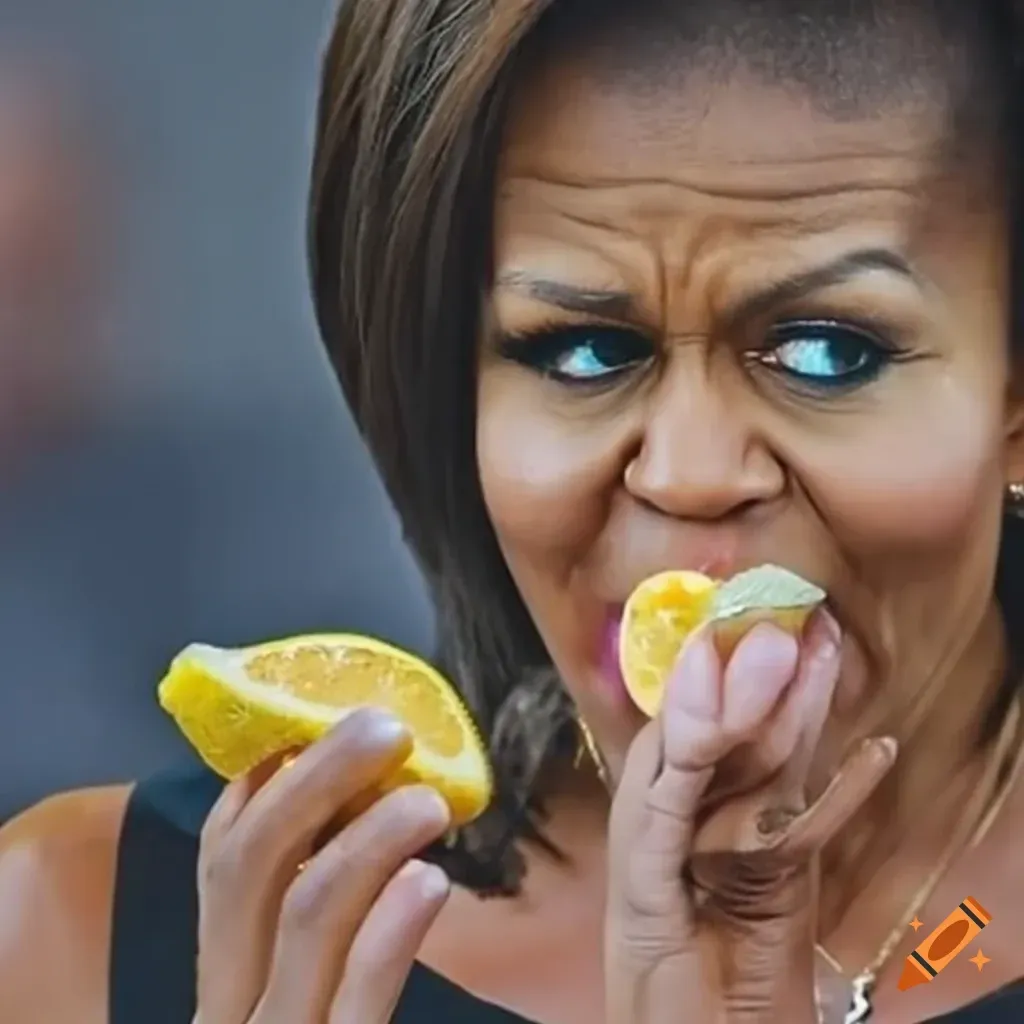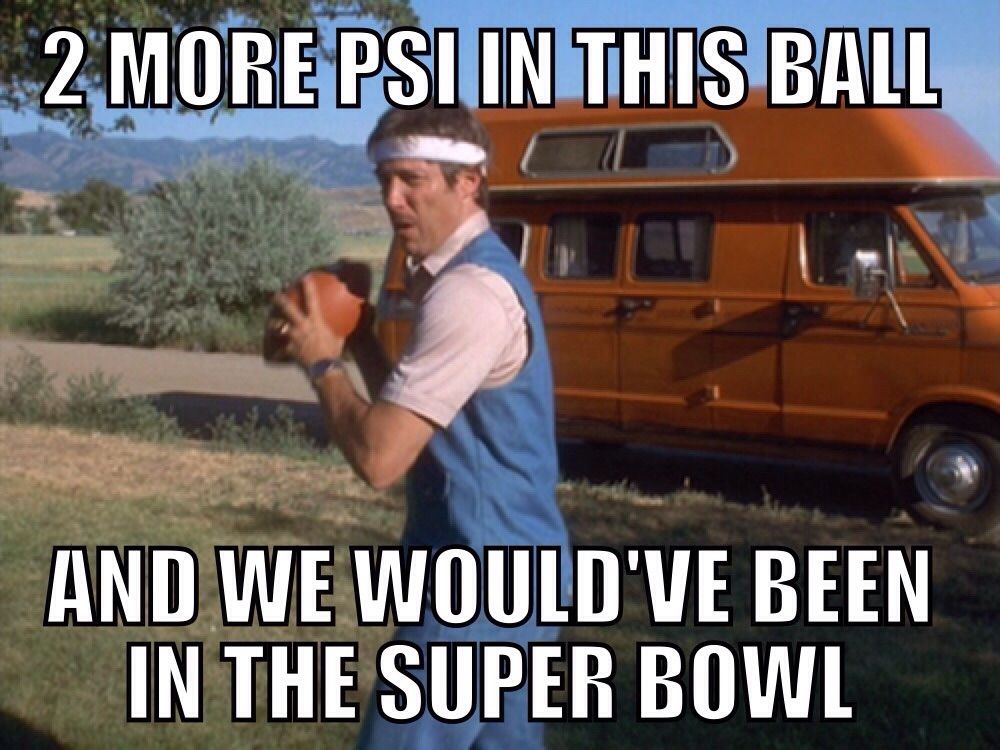Michelle Obama’s Selective Critique: Why Her Words Ring With Resentment
Behind the Polished Image Lies a Rhetoric That Divides, Not Unites

Introduction
Michelle Obama is often painted by the media as America’s moral compass, someone who urges us to rise above division.
But in my view, the record tells a different story. Beneath the polished speeches and book tours lies a pattern of rhetoric that disproportionately criticizes white people and the systems they built.
She often invokes concepts like white institutionalization, white supremacy, and white privilege as if these forces alone define American life. Yet, ironically, she herself chooses to live in overwhelmingly white elite enclaves such as Martha’s Vineyard. Rarely—if ever—does Michelle Obama turn that same sharp eye toward people of color. To me, that selective critique is more than coincidence. It’s a window into a deeper resentment that bubbles just below the surface.
White Flight: Blaming the Departures
In 2019, at the Obama Foundation Summit in Chicago, Michelle Obama told a story about her upbringing:
“As we moved in, white folks moved out because they were afraid of what our families represented. … Y’all were running from us.”
Notice the sweeping language—“white folks.” The implication wasn’t nuanced. It wasn’t “some families” or “certain neighbors.” It was all white families, painted as fearful racists.
Was white flight in mid‑20th‑century cities a real phenomenon? Yes. But reducing it entirely to racial fear oversimplifies complex economic and social realities like rising crime, failing schools, and shrinking job markets. In Michelle Obama’s telling, none of that mattered. Whites ran. Blacks endured. Period. To me, that’s not a unifying message—it’s a pointed accusation aimed squarely at one group. And all the while, she now enjoys the safety, exclusivity, and privilege of some of the whitest, wealthiest neighborhoods in America.
The “First Time Proud” Controversy
Michelle Obama sparked outrage during her husband’s 2008 campaign when she declared:
“For the first time in my adult life, I’m really proud of my country.”
Many Americans—especially white ones who had spent generations fighting wars, building communities, and expanding civil rights—took that as a slap in the face. Was nothing worth being proud of until Barack Obama was in the White House?
Supporters argued she meant pride in “political engagement.” But the words were plain, and the message clear: America wasn’t good enough until her husband was running for president. Again, the implication was that the old America—dominated by whites—wasn’t worthy of pride.
Tuskegee University: Microaggressions and Resentment
In 2015, Michelle Obama gave the commencement address at Tuskegee University, an historically Black college. She told graduates:
“As potentially the first African Americans in a position in your company, the first in your neighborhood, there will be times you feel the sting of daily slights.”
She listed examples of what she and Barack endured: being called “angry,” accused of “uppity‑ism,” or described with demeaning terms like “Obama’s baby mama.” These are legitimate grievances. But again, the underlying message was the same: the slights came from white America.
Not once did she acknowledge prejudice, division, or wrongdoing within minority communities themselves. The message was always one‑directional: whites stereotype, whites diminish, whites cause pain. For someone who claims to champion unity, the omission is telling.
The Consistent Pattern
Across speeches, interviews, and her memoir Becoming, Michelle Obama paints a picture where whites—through their systems, fears, or prejudices—are the consistent obstacle. She doesn’t have to use ugly words. The tone, the framing, and the targets of her critique make it clear where the blame lies.
Consider:
- White Flight → Blamed whites for abandoning her community.
- Pride in America → Only when her husband was successful did she feel proud.
- Tuskegee Speech → Framed microaggressions as a constant from white society.
- Other Public Remarks → Critiques of systemic racism almost always focus on white‑built systems, not problems in other communities.
This isn’t a balanced critique of America. It’s a steady drumbeat of resentment toward one demographic—while enjoying the fruits of the very privilege she condemns.
Why It Resonates With the Left
Michelle Obama’s message has been embraced by progressives precisely because it fits a narrative: America is systemically racist, and whites are the architects of that system. She leans heavily on terms like “white privilege” and “white supremacy,” which frame America’s story as one of oppression and dominance.
What makes Michelle different is presentation. She doesn’t scream. She doesn’t chant slogans. But she doesn’t need to. She wraps her grievances in a velvet glove, and the media applauds her for it. Meanwhile, her lifestyle tells another story: she benefits from the very institutions and elite spaces she claims are oppressive.
Why This Matters
It matters because Michelle Obama is not just another commentator. She is a former First Lady, a best‑selling author, and one of the most admired women in America. When she consistently frames one racial group as the source of harm, it deepens resentment and division instead of healing it.
Unity doesn’t come from selectively blaming one side. It doesn’t come from telling Black audiences that whites ran away from them or from implying that America was never worth being proud of until the Obamas came along. And it certainly doesn’t come from condemning white supremacy while living in some of the whitest, wealthiest zip codes in the country.
Conclusion
Michelle Obama doesn’t have to say the words “I hate white people” for the message to come through. Her speeches, her anecdotes, and her framing consistently place blame on whites while shielding other groups from equal scrutiny. To me, it’s obvious: beneath the polished exterior, there’s a resentment that bubbles up again and again.
For those who want to see her as a unifying figure, that pattern may be easy to ignore. But for those of us listening closely, the selective critique—especially when paired with her own embrace of white‑dominated privilege—speaks louder than the applause lines.
References
Glamour. (2015, May 12). Michelle Obama on race and being First Lady. Glamour. https://www.glamour.com/story/michelle-obama-race-tuskegee
Politico. (2020, August 28). Michelle Obama says White House revealed systemic racism. Politico. https://www.politico.com/news/2020/08/28/michelle-obama-white-house-systemic-racism-404528
Politico. (2023, June 29). Michelle Obama on affirmative action ruling. Politico. https://www.politico.com/news/2023/06/29/michelle-obama-affirmative-action-00104211
Time. (2019, November 1). Michelle Obama recalls “white flight” from her Chicago neighborhood. Time. https://time.com/5714285/michelle-obama-white-flight
The Guardian. (2016, July 31). Martha’s Vineyard holiday homes: Barack Obama joins the summer set. The Guardian. https://www.theguardian.com/us-news/2016/jul/31/marthas-vineyard-holiday-homes-barack-obama
Washington Post. (2024, August 21). With six words, Michelle Obama rewires America’s conversation on race. The Washington Post. https://www.washingtonpost.com/politics/2024/08/21/with-six-words-michelle-obama-rewires-americas-conversation-race
Wikipedia contributors. (n.d.). White supremacy. In Wikipedia. Retrieved August 5, 2025, from https://en.wikipedia.org/wiki/White_supremacy
Disclaimer:
The views expressed in this post are opinions of the author for educational and commentary purposes only. They are not statements of fact about any individual or organization, and should not be construed as legal, medical, or financial advice. References to public figures and institutions are based on publicly available sources cited in the article. Any resemblance beyond these references is coincidental.











